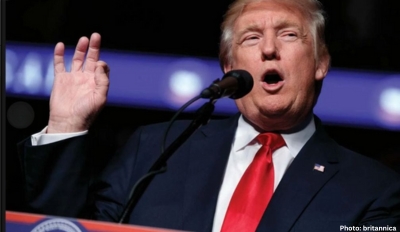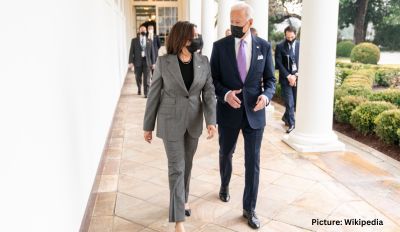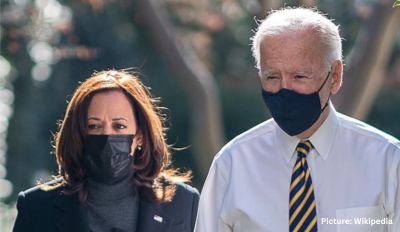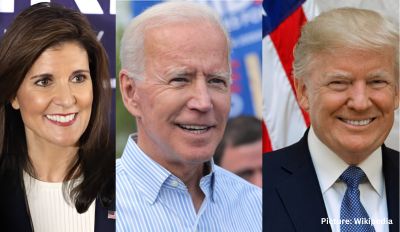In a move not seen in decades, U.N. Secretary-General Antonio Guterres activated a long-dormant provision known as “Article 99” to raise an alarm about the deepening humanitarian crisis in Gaza. As the Israeli offensive intensified and civilian casualties mounted, Guterres utilized this rarely exercised power to alert the Security Council of an impending “humanitarian catastrophe” and called for an immediate humanitarian cease-fire.
Article 99, embedded in the United Nations Charter, grants the secretary-general the authority to bring attention to any situation that, in their judgment, may jeopardize international peace and security. Edith M. Lederer, the chief U.N. correspondent for The Associated Press, elucidates the significance of this seldom-invoked provision.
Lederer explains, “It’s a provision of the United Nations Charter, the U.N.’s constitution. It states that the secretary-general — the U.N.’s top diplomat — may bring to the attention of the Security Council ‘any matter which, in his opinion, may threaten the maintenance of international peace and security.'” This provision bestows added influence upon the secretary-general, recognizing that ultimate authority at the U.N. lies with its 193 member nations and the 15 countries on the Security Council.
The infrequent use of Article 99 is underscored by its last invocation during the 1971 conflict leading to the creation of Bangladesh. Guterres took this step because he perceives the situation in Gaza as at risk of a “complete collapse” of the humanitarian system and civil order, emphasizing the urgency of his action.
Given the pivotal role of the United States, which holds veto power, the effectiveness of Article 99 remains uncertain. Arab and Islamic nations swiftly responded to Guterres’s plea, with the United Arab Emirates presenting a resolution to the Security Council, urging an immediate humanitarian cease-fire. The resolution is slated for a vote on Friday morning.
However, the U.S., Israel’s staunch ally, has not endorsed a cease-fire. Deputy Ambassador Robert Wood expressed on Tuesday that the Security Council’s role is not to impede ongoing diplomacy in the Israel-Gaza conflict, stating that a resolution at this time “would not be useful.” While this suggests a potential veto, the U.S. has not definitively declared its stance.
Despite the potential for a U.S. veto, Guterres invoked Article 99 due to his concern for the deteriorating humanitarian situation in Gaza. He highlighted in his letter that the territory’s humanitarian system and operations are on the brink of collapse. The ongoing Israeli Defense Forces bombardment, coupled with the lack of shelter and essential supplies, may lead to a breakdown of public order, making even limited humanitarian assistance impossible.
Guterres’s letter also warned of escalating conditions, pointing to the possibility of epidemics and a mass displacement of Palestinians into neighboring countries. He envisions a looming disaster and emphasizes the gravity of the situation. Past secretaries-general have brought threats to international peace and security before the Security Council without specifically invoking Article 99. Instances include Congo in 1960, the U.S. hostage crisis in Iran (1979), the Iran-Iraq war (1980), and Myanmar in 2017.
The reasons for not invoking Article 99 in these cases remain unknown, and many of the former secretaries-general are no longer alive. Guterres, however, has been vocal about both the Hamas attacks on Israel and the alarming death toll of Palestinian civilians in Gaza, underscoring the urgency of international intervention.











